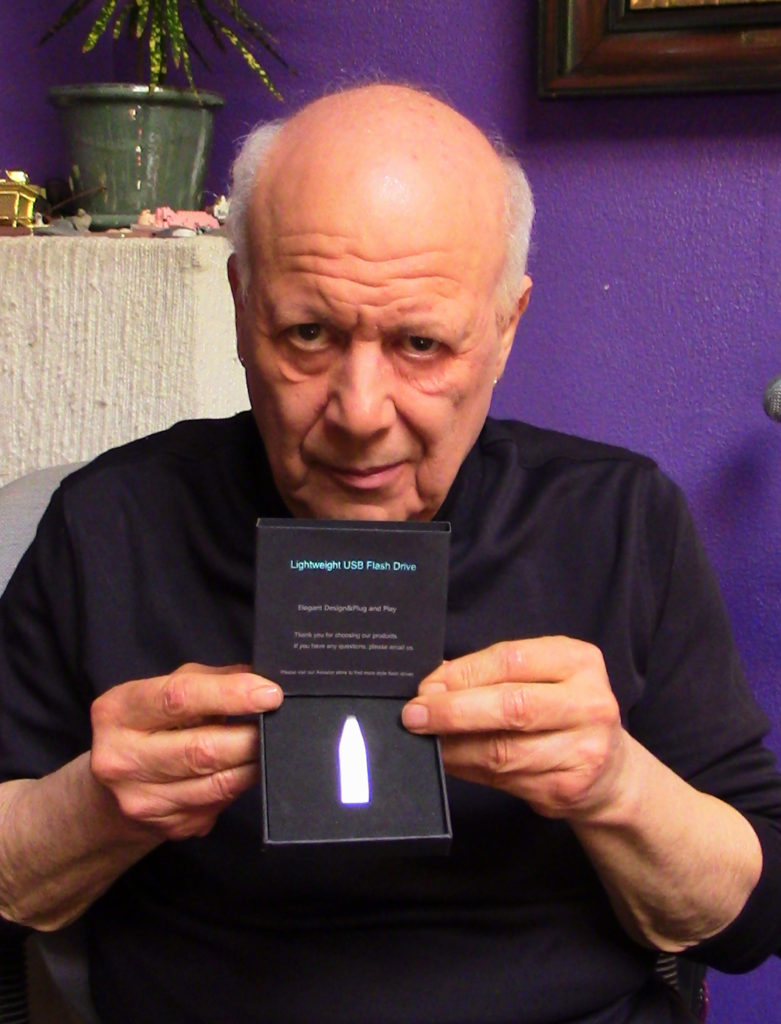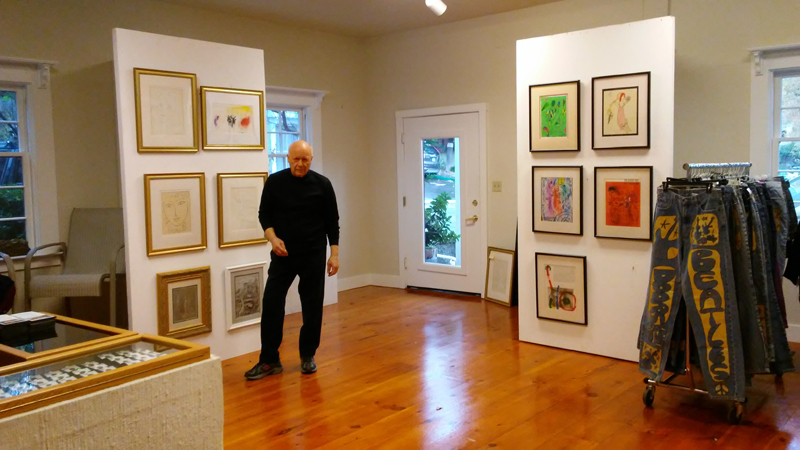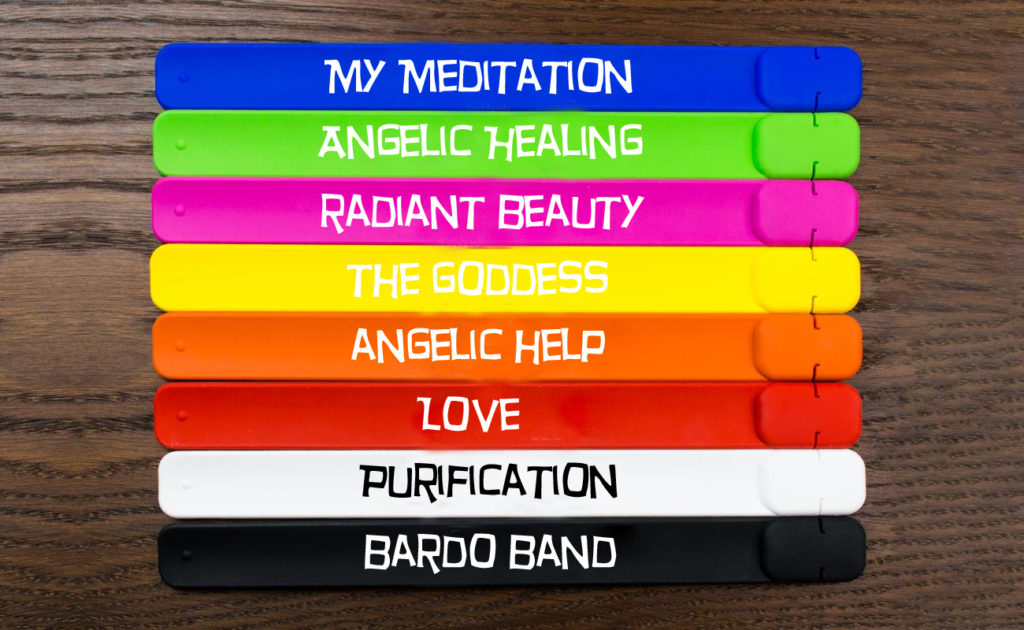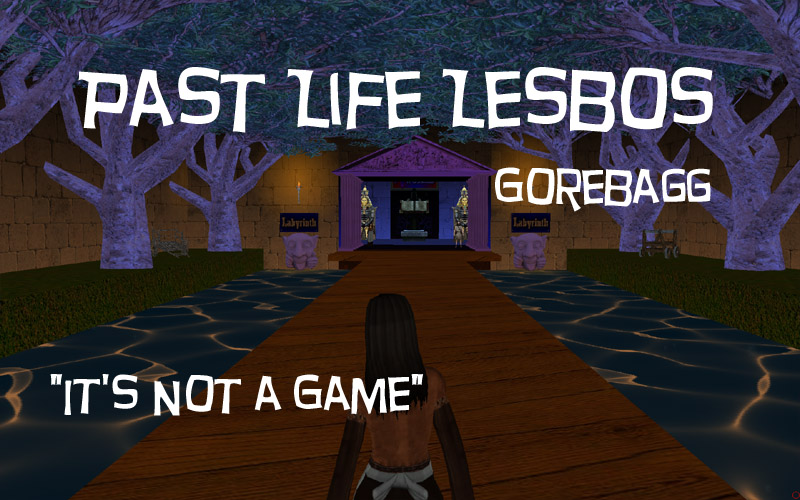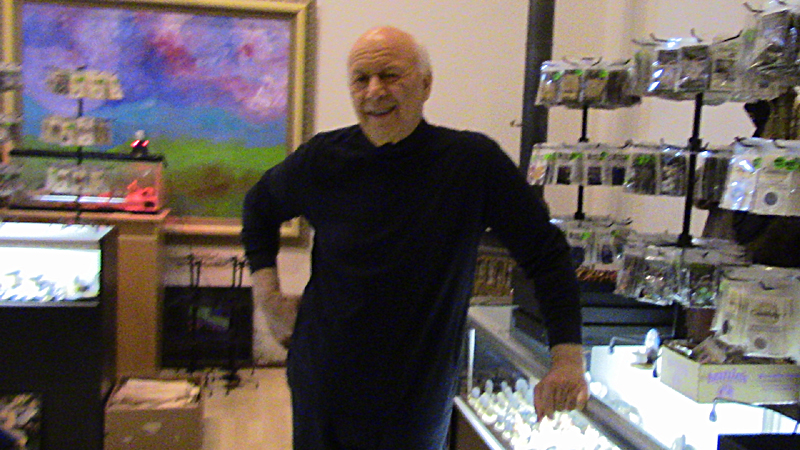
Back in the 1930s and up into the mid 1970s, my Grampa Herman worked as a dress salesman and a manufacturer. He was one of three partners in the world-famous 5th Avenue fashion house of “Evie Porter”, a mix of the names of the daughters of two of the partners.
They made a large fortune in the dress business, which is something that is almost impossible and that very few dress houses have accomplished. Evie Porter Fashions lasted from 1919 in New York City to 1974 — over 55 years.
I spent weekends with my grandparents when Galaxy Magazine was nearing deadline and my parents were socked into getting it out by the due date — if you missed, the distributor would simply drop you, and that would be the end of the magazine.
Monthly magazines had a “distribution date” and a “kill date”, with a lifetime of only one month on the newsstands — mail-order subscriptions were new to the field at the time, and didn’t figure into the calculation until the second year of publication, 1951 — the first issue was October of 1950.
In the 1940s and 1950s, if you had a hundred dollar bill, there was nowhere to get it broken except a bank, and when you presented a few of them, the action in the bank froze while you conducted your business. A hundred dollars was a small fortune. You could buy a very nice car with that, or put a down payment on a piece of land, or feed 25 people at a good restaurant.
A candy bar that costs $5 today would have cost a nickel back then, which gives you some idea of how money dribbles out of your pocket just by standing around with your hands in your pockets.
One thing I remember was the image of Grampa Herman fishing a couple of HUNDRED DOLLAR BILLS out of his wallet for my grandmother to use to buy things for their Puerto-Rican neighbors — they lived on 75th between Broadway and West End, a beautiful block from which they never moved.
They loved their neighborhood and the mix of people around them. My grandma had been an RN and practiced during the First World War, from 1949 through 1919.
Remarkably, the partners at Evie Porter respected and LOVED each other, and their families were very close, often turning up at each others parties and family events.
Fair Wages, Good Work Conditions
The workers at Evie Porter were well paid, respectfully treated, encouraged with bonus payouts for work done under high stress conditions, especially at the season openings, and they were powerfully encouraged to join the ILGWU union — most of them stayed for years with the company, and many of them showed up at my grandmother’s funeral on Long Island.
I don’t know of any other dress house that installed air conditioning for the needle operators as soon as they did. That place was comfortable enough that when I was a youngster, I spent many happy hours with the workers, most of whom I knew by name.
My Uncle Cliff was a Union Organizer, a position of public service for which he was rewarded, in the sense that on Planet Trump, no good deed goes unpunished.
My mother Eve was a fabulous designer and a drama queen — are they separable? Her timeless designs won tons of awards and would still get attention today.
Had I not promised my Grampa Herman that I would never go into the fashion industry, I’ve been tempted now and again to bring her fashions back to light.
One powerful impression I have of his selling style is his frequent insistence to his buyers — “Feel the goods”.
Feel the Goods.
This not only impressed the buyer, it also guaranteed that the buyer become involved with the merchandise. Picking it up is halfway home to a completed sale.
Most salespeople don’t actually complete sales, because they’re embarrassed to ask for the money. Sounds really dumb, but it’s the single most likely cause of a failed sale.
In order to be able to ask for the money, the merchandise has to be in the customer’s hands, get it???
But you can’t bring yourself to ask for the money, right? That’s because you don’t IDENTIFY as a salesperson, and that can be remedied.
“I am a seller.”
It’s not shameful to sell. For a bunch of reasons, sellers are considered “low life” by those who have a little money to spend. Being the BUYER confers power, and most people don’t do any better with power than most public officials, and I believe the Federal government has everybody beat on this issue.
One way to instantly get over it is to sell 1 million of anything. That’ll get your confidence right up the charts to the Top 40. If you only make one buck on each sale, you now have 1 million dollars in your pocket, and that goes a long way toward self esteem, if you have a problem there.
Self Esteem is not really connected to your success or failure — you make it so. Disconnect self-esteem before you go much further. You don’t need it, and it just louses up the steering mechanism of the Human Biological Machine.
Okay, so the AIM of the sale is not the finish — it’s all in THE TRYON, getting the customer to try the thing on.
Easiest to try on is the bracelet, especially out on the street, believe it. I’ll show you again what your choices are:
So the idea is to get the customer to WANT you to slap one of these supercool quantum wristbands on and see what it does.
Yeah, you can FEEL it.
If the customer doesn’t “get it”, leave it alone, don’t try persuasion — it don’t work nohow. You mustn’t try to convince anyone of anything, and that goes double for everything in life.
Leave them alone, let them wander aimlessly in a sea of fellow robots. No need to awaken them, it’ll just make them madder than they usually are, which is a steamy state of funk.
All the bracelets are clearly marked, so you know what you’re putting on.
They can be matched to an outfit or worn for the purpose, or both — you can put on a “Healing” bracelet, and then find some clothing in the blue-green range, or perhaps clash it with bright day-glo orange?
These quantum effect bracelets have a ton of POWER.
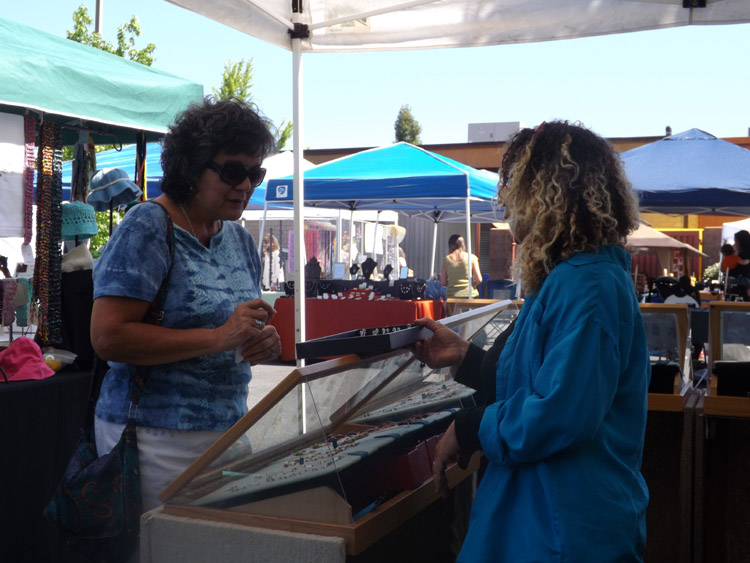
It’s an Instant Effect.
The moment they have it on, they can feel the quantum effect — it’s instantaneous and goes from zero to sixty in a tenth of a second. It’s fast.
On the street, that’s good — you won’t have a lot of time with any one person, and if you do, it’s because your sales are failing, kind of like someone being asked how they liked a new Broadway musical, and they tell you, “It was great! We had the whole row to ourselves!”.
That of course means the theater was empty, in case that went over your head.
Now, if you want to succeed at street sales, you’ll have to change your outlook entirely, alter your purpose from selling to trying on, and that’s quite an adjustment.
The KEY to the sale is the TRYON — beyond the customer trying on the bracelet or necklace or whatever you’re out there selling, including key rings and pen-wands, there is no expectation. The sale is almost an afterthought, in the hands of a really good sales person.
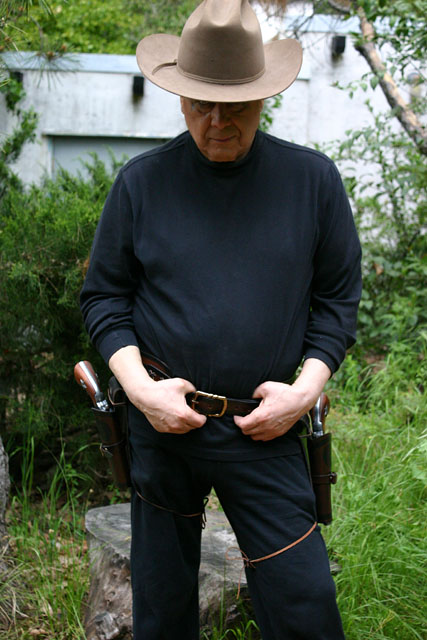
How do you do it???
So how DO you get someone to try on a bracelet or a pendant?
Damned if I know, and that’s not a smartass wisecrack, either — you have to be on the scene to determine how to sell. Every situation is different, even if it’s with the same people, so you have to be on your toes, dancing between the raindrops, all the time, and that’s what makes this a work-thing.
The WORK ON SELF that you are going to have to do in order to make serious money and create a work-life for yourself is serious and exhaustive, meaning that it’s something on which you have to concentrate fully and single-pointedly, very consciously and with the power of intent and will.
Work on Self is the key to selling.
Ain’t that somethin’??? You can Work on Self and at the same time make a fun living from the Work, and at the same time, expand the circle and fulfill your Service Obligations.
You’ve made “All quiet inside”. You’re neutral to the sale. You have no hungers operating at the moment, and all your social interactions are functioning. You have centered yourself in the mindset and thought form of being a sales person.
It is not something you do casually. It is a magical operation and requires full concentration and perpetuation. In short, you need to put some attention on your identity.
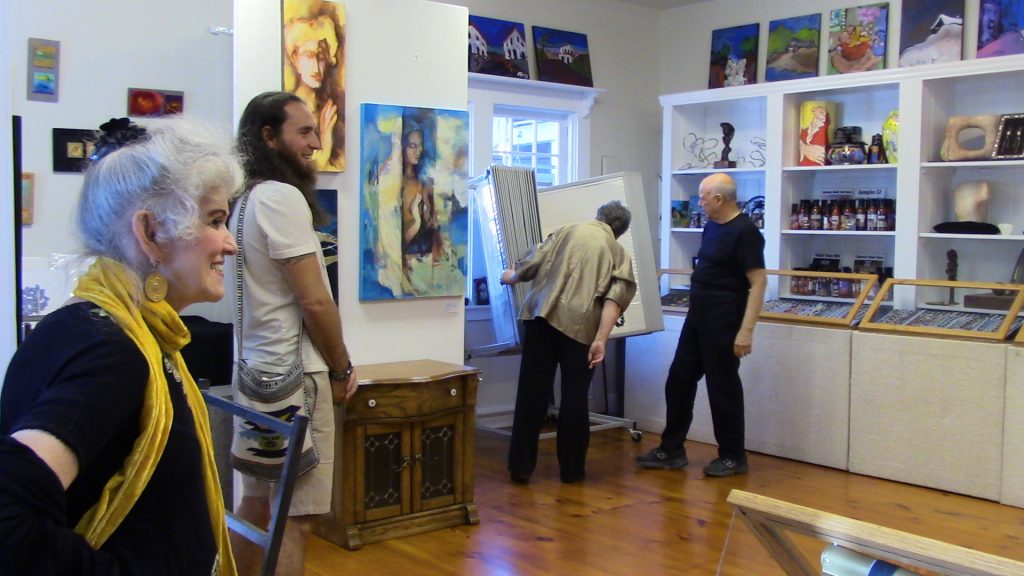
My Identity is “Sales Person”.
Relax, it’s not a lifetime commitment — it’s just for the duration of the sale — and when you get off the sales floor, you’re back to your normal self, whatever that may be.
However, don’t go out of character while you’re still onstage.
The whole thing about being a merchant comes from Medieval times, when townspeople and merchants didn’t get along very well, and they still don’t.
There’s a rift between civilians and military people, and cowboys don’t like to hang out around bankers, nor do bankers much cotton to having one boot on the fence at the old corral.
Don’t be afraid.
- Don’t be afraid to be called a merchant.
- Don’t be afraid to ask for the money.
- Don’t be afraid to ask them to try on the merchandise — “Feel the Goods”.
If you follow the simple procedure of getting the customer to try it on, and don’t worry about the sale or the money, you’ll do very well with this work effort.
Work on Self is the effect — Expansion of the Circle of Work is the purpose.
See You At The Top!!!
gorby


